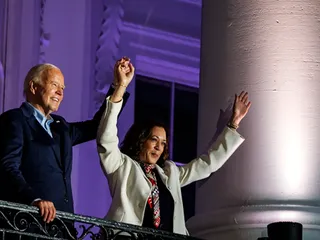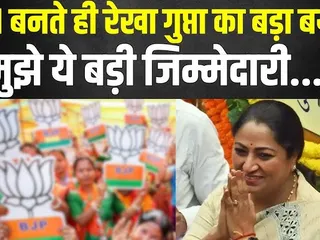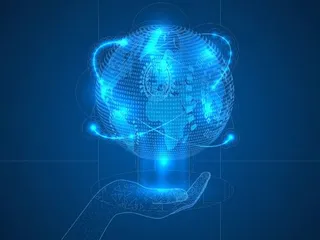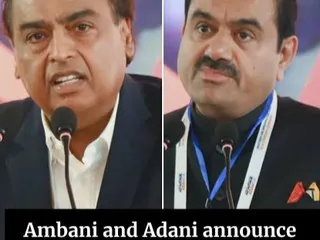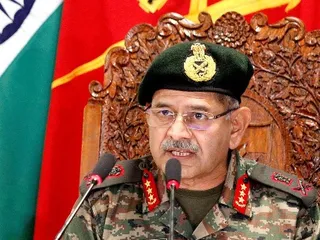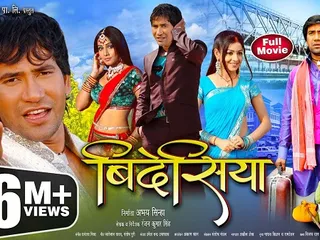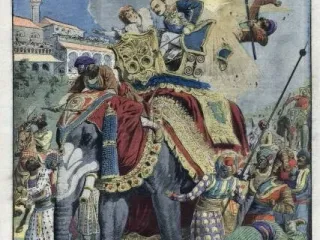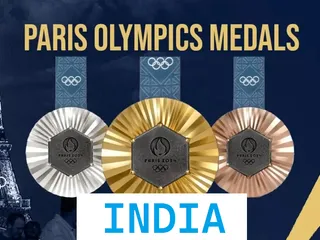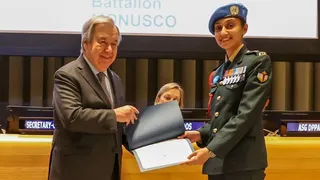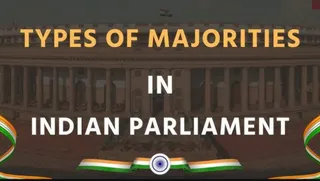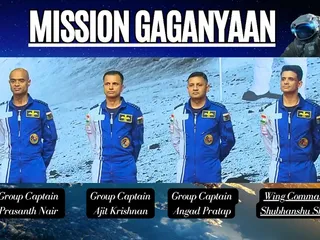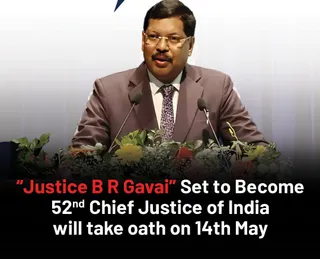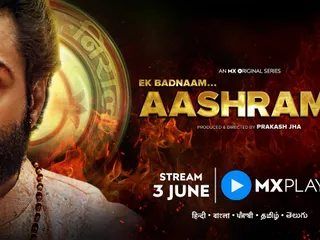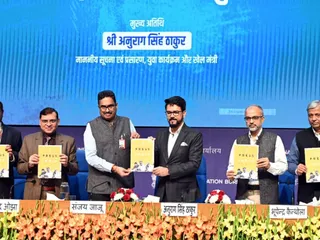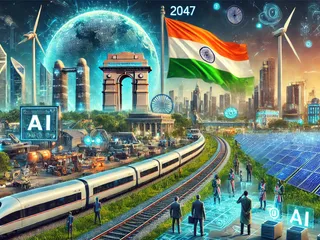The Indian National Congress (INC), often referred to as the Congress Party, is one of India's oldest and most significant political parties. Founded in 1885 by a group of Indian intellectuals and led by figures like Allan Octavian Hume, Dadabhai Naoroji, and Gopal Krishna Gokhale, its initial aim was to work within the British system to gradually secure greater Indian participation in governance.
Early Years and Evolution
The early Congress focused on moderate reforms, advocating for better representation and improved administrative practices. However, as the 20th century dawned, the party witnessed a growing rift between moderate and extremist factions. The rise of figures like Bal Gangadhar Tilak and Bipin Chandra Pal, advocating for *Swaraj* (self-rule), marked a shift towards more assertive demands for greater autonomy and eventually complete independence.
The Gandhian Era and the Struggle for Independence
The arrival of Mahatma Gandhi in the early 1920s revolutionized the Congress. His philosophy of *Satyagraha* (non-violent resistance) provided a powerful framework for the mass mobilization necessary to challenge British rule. The Non-Cooperation Movement, the Salt Satyagraha, and the Quit India Movement, all led by Gandhi and supported by the Congress, significantly escalated the pressure on the British government.
While Gandhi remained a central figure, the Congress encompassed a diverse range of ideologies and leaders. Jawaharlal Nehru, Sardar Vallabhbhai Patel, and Subhas Chandra Bose, each with their unique approaches and perspectives, shaped the party's strategies and policies throughout this pivotal period. The differences in approach sometimes led to internal conflicts, but the common goal of independence ultimately united them.
Post-Independence India
Following India's independence in 1947, the Congress Party played a dominant role in shaping the nation's political landscape. Under Nehru's leadership, India adopted a socialist-inspired economic policy, focused on nation-building, and pursued a non-aligned foreign policy. The Congress continued its dominance for several decades, with leaders like Indira Gandhi and Rajiv Gandhi helming the party.
Challenges and Transformations
Over time, the Congress faced numerous challenges, including internal factionalism, corruption allegations, and the rise of regional parties. The party's dominance waned significantly from the 1990s onward, with several periods in opposition. Despite setbacks, it remains a significant force in Indian politics, holding power in several states and continuing to influence national debates.
Legacy and Ongoing Relevance
The Indian National Congress's legacy is complex and multifaceted. While it played a crucial role in India's struggle for independence and the establishment of a democratic republic, it has also faced criticisms regarding its economic policies and handling of internal conflicts. Understanding its history is critical to comprehending the evolution of modern India and its ongoing political dynamics. The party's role in contemporary India remains a topic of ongoing discussion and analysis.

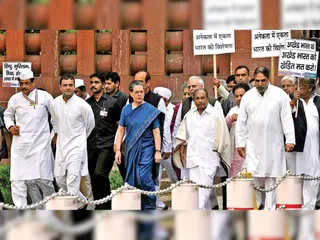

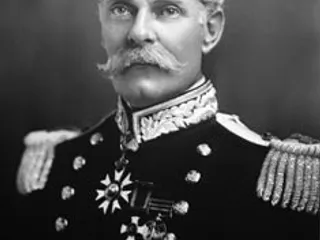






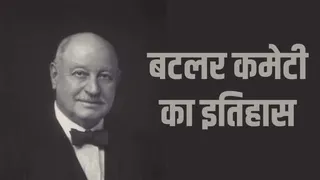
 (24)jpeg-1722421859875.jpeg.webp)


